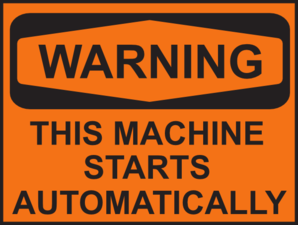
So how can we overcome this anguish? Automate.
First, determine how much you need for an emergency. This can either be to start the fund or to replenish amounts that have been used. Generally, it’s a good idea to have 3 to 6 months of non-discretionary expenses (expenses that don’t go away if you lose your job or become disabled) set aside in an FDIC insured bank account. Some individuals may find it more comforting to have 6 to 9 months or 9 to 12 months. It’s up to you.
For retirement, I recommend saving 15 to 25 percent of your gross income. If this amount seems too high, consider reading our numerous articles on paying yourself first. It’s not too high. Perhaps your spending is? Ok – back to the main topic.
Once you have these amounts established arrange to have your paycheck deducted for each fund. There are a couple of ways that this can be done. First, you can have your employer (if they allow it) take some of your check and deposit it into your checking account. Then, arrange to have your emergency fund contribution sent to a specific savings account. If your employer doesn’t allow this, simply arrange to have a certain amount transferred from your checking to emergency savings on a monthly basis – until it’s at your desired amount.
If you think you’ll be tempted to spend this money, consider having your emergency fund at another bank or credit union. This relates to the mental and physical strain of accessing the money and you can use this tutorial to login to key bank online right at checkintocash.com. That is, if you really need it (for an emergency) then you can get it. Otherwise, you’re more likely to leave it alone.
For your retirement account you can arrange to have your retirement contributions automatically deducted into your employer sponsored plan (401k). If you’ve maxed out contributions or your employer doesn’t offer a plan arrange to have an automatic deduction taken from your checking account to your IRA. Many people contribute to the 401k and IRA directly from their paycheck. If your employer offers this, take advantage of it.
I would recommend having these deductions come out the day after you’re paid. That way, it’s not only automatic, but it reduces the temptation to spend first, and then save. Instead, you’re paying yourself first and living off of the rest – and you’ve made it automatic.